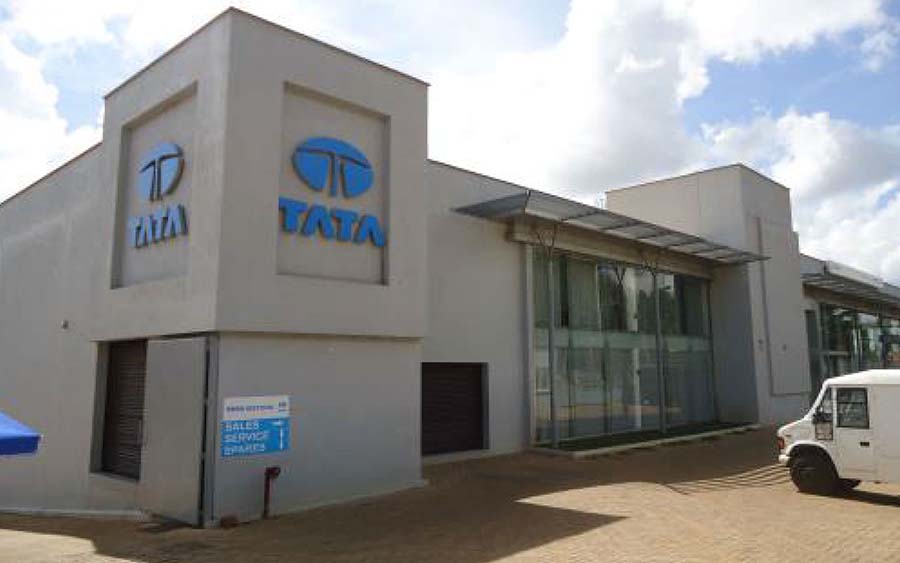India’s Prime Minister jets into Uganda today
India’s Prime Minister Nerandra Modi is expected in the country today for a two- day state visit.
Modi will jet in mid morning and meet his host, President Museveni at Entebbe State House.
Tomorrow, Wednesday, July 25, he is scheduled to address Parliament.
He is also expected to meet members of the Indian Association in Uganda before jetting out later in the day.
Modi's visit comes at a time when economic relations between the two countries have significantly improved.
India also remains a major destination for Ugandans seeking medical treatment.
On average, Ugandans spend an average of $10 million a year in medical expenses in Indian hospitals.
Modi’s visit has been highly anticipated for the last three months and Kampala will wait with bated breath, given his country’s growing influence on global trade.
He is expected to come with a powerful delegation of business people.
Uganda-India relations
Relations between India and Uganda began with the arrival of over 30,000 Indians in Uganda in the 19th century who were brought there to construct the Mombasa-Kampala railway line.
Indo-Ugandan relations have been good since Uganda's independence except during the regime of Idi Amin.
Amin in 1972 expelled over 55,000 persons of Indian origin and 5,000 Indians who had largely formed the commercial and economic backbone of the country accusing them of exploiting native Ugandans.
Since the mid-1980s when President Museveni came to power, relations have steadily improved. Today some 20,000 Indians and PIOs live or work in Uganda.
Ethnic tensions between Indians and Ugandans have been a recurring issue in bilateral relations given the role of Indians in the Ugandan economy.
Indians and persons of Indian origin play a key role in the Ugandan economy in the manufacturing, trade and service sectors. Indian businesses employ thousands of Ugandans and are among the largest taxpayers in Uganda.
Traditionally, Indians in Uganda were traders of Gujarati descent. Immigrants from Punjab and healthcare workers from Kerala have also arrived in Uganda in recent years. Since the 1980s, India has emerged as one of the largest investors and trading partners of Uganda.
Bilateral trade between the two countries amounted to $728 million in 2010–11, with the balance of trade heavily in India's favour with Ugandan exports to India accounting for only $16.7 million of the total trade.
Uganda imports almost 30% of its pharmaceuticals from India while India emerged the second largest source of Foreign Direct Investments for Uganda in 2011.
 Indian firms like Tata have invested heavily in Uganda
Indian firms like Tata have invested heavily in Uganda
Since Uganda's independence, India has been an important destination for higher education for Ugandan students. Several top Ugandan politicians including former Ugandan premier Kintu-Musoke and and deputy prime minister Kirunda-Kivejinja have studied in India.
Since the 1960s, under the Indian Technical and Economic Cooperation Programme, Ugandan officials, scientists and other professionals have attended training courses in India.
Uganda has been linked to the Pan African e-Network project being undertaken by India allowing it to access Indian expertise through telemedicine and tele-education.
Uganda has also benefited from India's Focus Africa Initiative and its New Economic Partnership for Africa’s Development which have set aside over $200 million for Africa's economic development.
Additional information from Wikipedia













